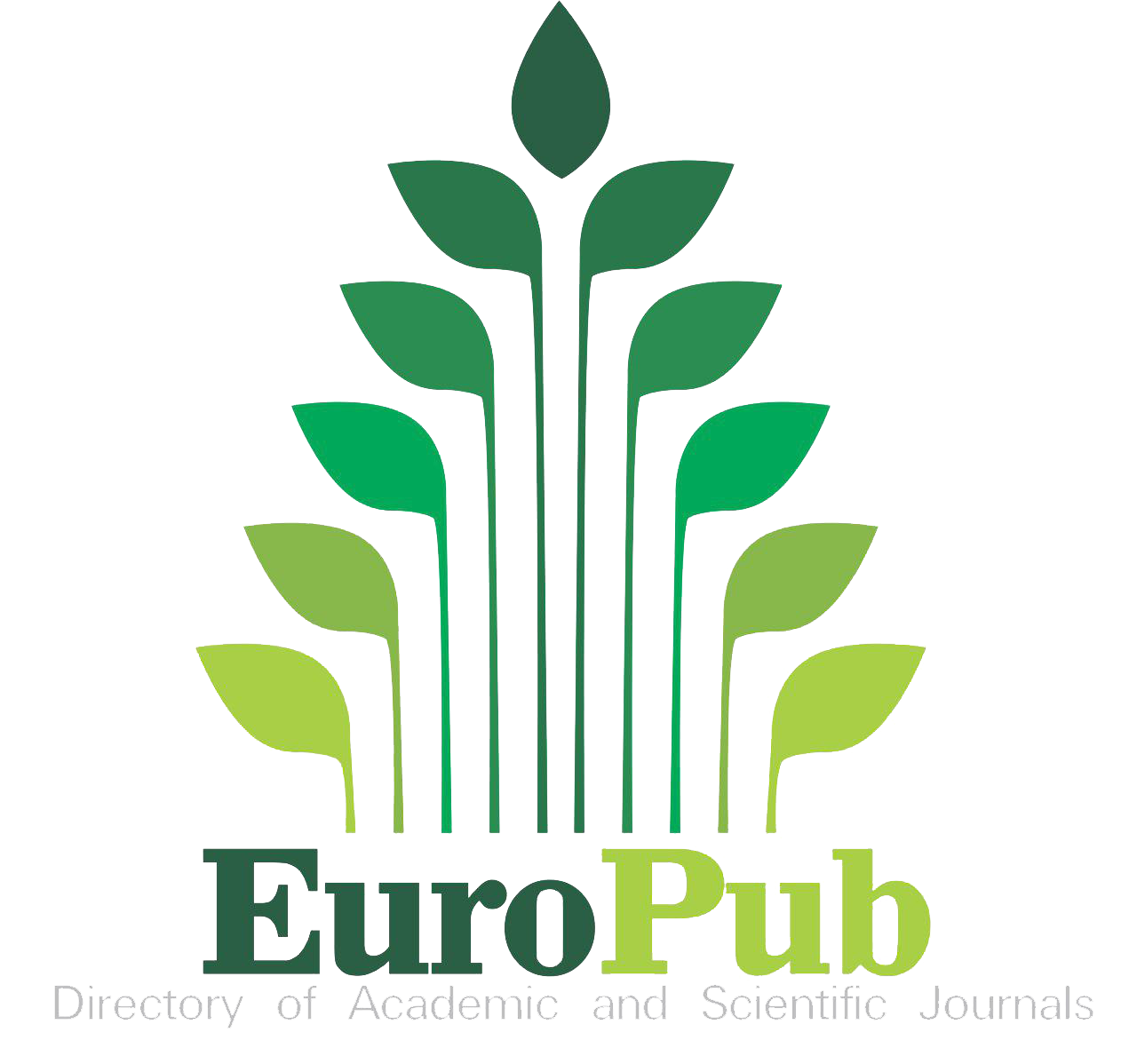WILL CASHLESS PAYMENT BECOME CONSUMER'S TRANSACTION HABIT IN THE "NEW NORMAL" ERA?
DOI:
https://doi.org/10.23969/trikonomika.v20i1.3418Keywords:
cashless, perceived safety, perceived risk, facilitating conditions, self efficacyAbstract
The purpose of this study was to find out whether or not new habit, cashless transaction, would still be used after the Covid-19 pandemic or in the new normal era, considering that this was a situational or temporary factor. The population of this research was individual consumers who were currently more likely to have higher intensity in cashless transactions than they did before the pandemic. This research was a study conducted during the Covid-19 pandemic in Indonesian society by examining the effect of perceived security, perceived risk, facilitating condition, Self-Efficacy of trust in online payments, and the use of cashless on Usage Continuance intention. The results of this study with 594 tested samples were two insignificant correlations. They were perceived risk toward trust in online payments and self-efficacy on usage continuance intention. These findings could support a wide range of stakeholders - both first movers/ pioneers and newcomers to the e-money segment, as the information about promotion and selection of the right market for their products.











